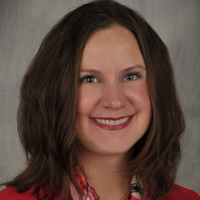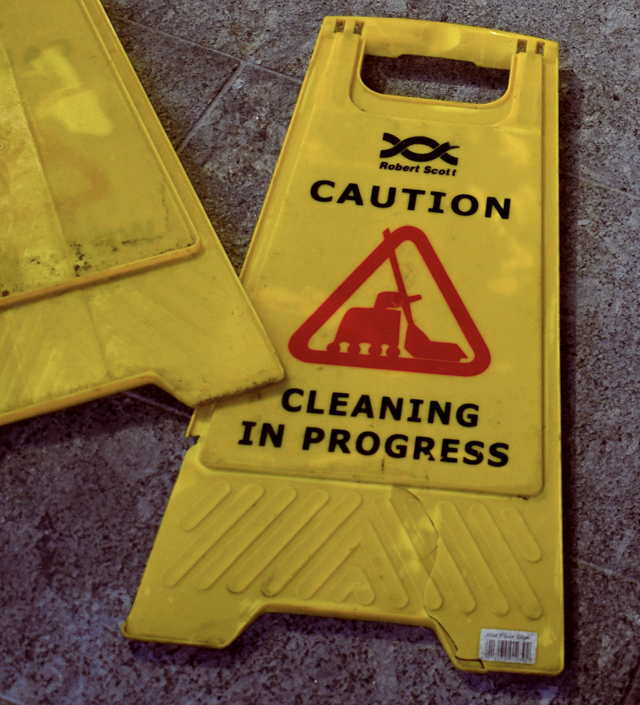
Consider this scenario that is likely to happen to some of your clients — and what advisors might do to affect a better outcome.
Your client, we’ll call her Jayne, just received “the call.” Her Dad had a stroke. He lives in Texas and she and her two siblings live scattered across the states. Dad is the primary caregiver to Mom, who has dementia. Her dad’s stroke was severe; he is unable to answer questions appropriately. The hospital needs a copy of the living will and health care proxy sent to them. Jayne is not sure if she has a copy of them. She doesn’t have the best relationship with one of her siblings and the other sibling is fighting cancer. What does she do?
Jayne has to notify her boss and colleagues that she will be gone for an unknown period of time. She is already behind at work and has major time-sensitive projects due. Her boss indicated Jayne would be up for a promotion if she produces quality projects.
She also helps takes care of her autistic grandchild on the weekends. She calls her spouse and lets him know she needs to fly to Texas. He is becoming less and less supportive of her being gone to tend to her parents’ emergencies and the expenses she incurs with these sudden trips and time away from work and family.
Jayne takes the first flight to Texas she can get. It costs $800 one way. After two flight delays, she finally gets to the hospital. She has to wait to meet with the physician. Jayne is concerned how Mom is doing at home by herself, but since Dad has never indicated there are any major issues, you think she is holding her own at home.
Shocked and Overwhelmed
Jayne meets with the medical team. It is too soon to know Dad’s prognosis, but it is not looking good. As his medical power of attorney, Jayne has to make decisions on his behalf. She never had these kinds of conversations with her parents. After a few hours at the hospital, she heads to her parents’ home.
She finds Mom pacing around the house, smelling of urine and feces. The house is a mess, the burners are on and a toilet is running over. Jayne notices Mom has lost a significant amount of weight. Stacks of mail and bills are on the counter. The “doctor calendar” on the counter shows Mom was supposed to see her neurologist today.
Jayne is totally overwhelmed. How is she supposed to tend to both parents whose needs are complex? She does not know what care options are available. So she starts to Google “help at home,” and a list of home care companies pops up. Then she starts making calls but has no idea how to interview these companies.
She schedules a meeting with the first home care company that answers. She’s desperate and doesn’t have time to research options. Jayne quickly learns that these services are out-of-pocket expenses. Medicare does not cover the costs. Dad never mentioned if they have a long-term-care insurance policy. The home care company needs a credit card to put on the account for auto billing. Dad’s wallet is at the hospital. Although her husband will be upset, Jayne feels she has no choice but to put the charge on her credit card.
Worse Than Expected
The home care company needs a few days to arrange the companions. After the second day at the house, Jayne realizes Mom is unable to do anything on her own and needs cues, reminders and supervision for everything from going to the bathroom, taking medication and eating. Mom becomes combative, and Jayne realizes Mom needs ongoing care. Dad will be at the hospital and then a skilled rehab facility for possibly months. What is the longer-term plan for her mom? Where/how will she get the care she needs?
Jayne starts looking for bank statements, insurance policies and mail from her parents’ advisory firm to figure out what resources her parents have to pay for care. She is utterly overwhelmed and wonders how this disaster of being unorganized and ill-prepared could have been prevented.
All adult children with living parents may face events like this, and they are certainly not what their parents would have intended for them.
Advisors Can Help Reduce Stress
Financial advisors are in a prime position to help reduce the stress from these kinds of scenarios. How are you preparing your clients — whether they are in their 70s or 40s — for these situations? If your clients are seniors, are you holding family meetings so you have a relationship with their adult children? Are you asking about their well-being and if there is anything impacting their health? If your clients are age 40-plus, are you asking what they see as their responsibilities for their living parents? Have they had conversations with their parents about current and future care needs and expectations?
“Financial advisors don’t need to solve all these problems themselves, but they should have a network of experts they can work with to help clients.”
Financial advisors don’t need to solve all these problems themselves, but they should have a network of experts they can work with to help clients. One step is to help clients build an “aging plan.”
In fact, because of the monumental need, the number of experts who can assist advisors and their clients has increased. At Care Right, for example, we facilitate family meetings to discover what is working well, what is working less well, what are the goals (age at home), who will provide care, where will care be delivered (at home, move to a care community) what are the finances to support those goals, what is already in place (the Grab and Go binder), and learn the family dynamics.
Education is Part of the Process
We also educate families about aging, caregiver burnout, dementia, pros and cons of aging at home; help families understand current and future care options; and conduct facility matrix projects (we conduct the market research for facilities in their area). We also train our clients on how to interview home care and care communities, as well as how to be the best advocate possible for their loved one(s). Clients learn how to communicate more effectively as a family, and we support them along their journey via our “care packages.“
There are a lot of things to think about with regard to aging. Don’t let your clients — or even your own family — get blindsided.
Annalee Kruger owns Care Right Inc. and is co-owner of Plan4LifeNow LLC, which offers advisors at 10-week online elder planning specialist program. She started Care Crusade, a national campaign to improve the quality of care provided in hospitals and senior care facilities after her mother choked to death in a memory care facility. Her book, “The Invisible Patient: The Emotional, Financial, and Physical Toll of Caregiving” was published in October 2021.







